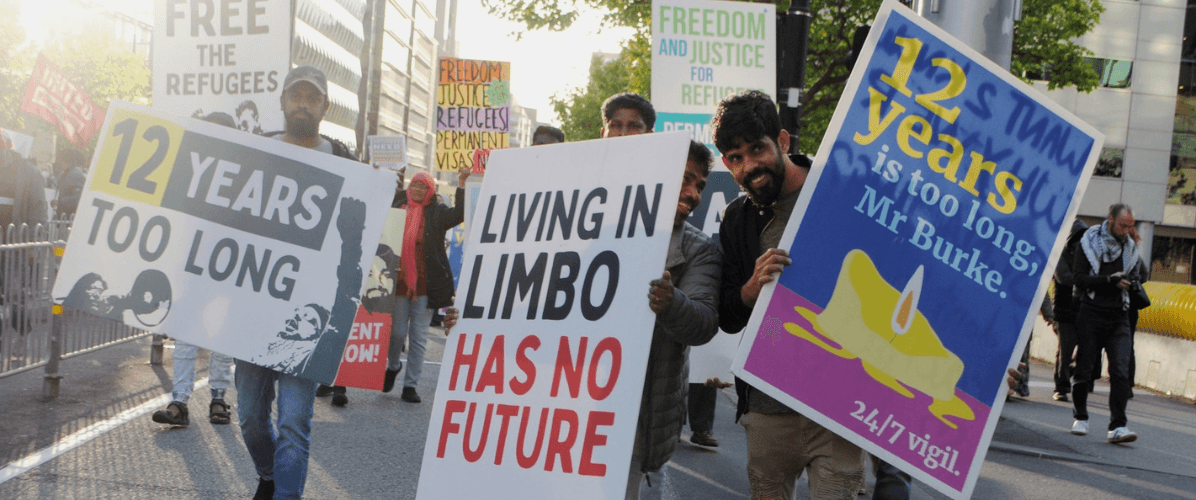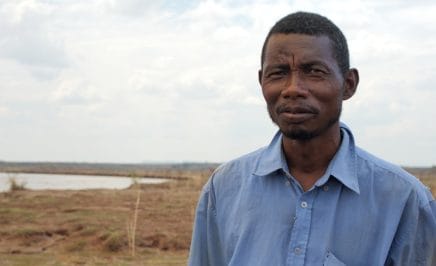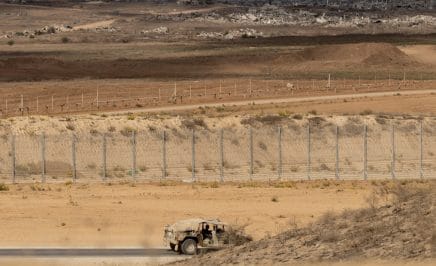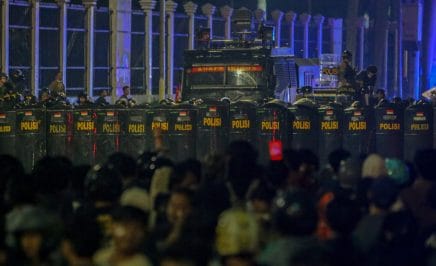What is the ‘Fast Track’ visa system?
Introduced by the former Coalition government in 2014, ‘Fast Track’ was a system designed to make it difficult to access protection and deter people seeking asylum. They claimed that the system would clear the backlog of claims and speed up the processing of other asylum claims.
But in reality, ‘Fast Track’ was anything but fast or fair.
In practice, many people subjected to Fast Track waited years for outcomes. Alongside excessive delays, legal assistance and interpreters were not provided to most people, which meant they were left to complete long and complex visa application documents in English alone. The criteria for protection in Australian law was changed, making it more difficult to meet.
Decisions to refuse protection were reviewed by a new body, the Immigration Assessment Authority, which failed to provide procedural fairness or full merits review. It often decided cases without holding hearings, so people’s voices weren’t heard. People seeking asylum could not provide new information about their risks, despite changing situations in their home country.
Some people affected by Fast Track are still waiting on reviews or court appeals, and some have still not had their application for protection considered after more than 11 years.
How has Fast Track impacted people seeking aslyum?
Over 7,000 people who arrived in Australia between 2012-2013 and were failed by Fast Track are still barred from applying for any permanent visas. They live on bridging visas that need renewal every 6 months.
Many have worked and contributed to the Australian economy for years, while others do not have the right to work at all. They have endured long periods without Medicare and social support, leaving them at risk of homelessness. Their lives have been put on hold.
Worst of all, they are separated from their families and unable to reunite indefinitely.
Hear from Narges and Thanujeyan on how this unfair system has impacted them:
In opposition, Labor vowed to abolish this system. Once elected, they ended the Fast Track process and established a new Tribunal that commenced in October 2024. But the over 7,000 people who were failed by Fast Track cannot apply for a review at the new Tribunal and are still suffering in limbo.
Amnesty has joined over 75 prominent organisations calling for pathways to permanency in an open letter to the Federal Government.
What can you do?
We’re demanding that the Government fulfil its legal and moral obligations by prioritising safety, dignity, and justice for all refugees and people seeking asylum.
Sign the petition and ask the Government to give people failed by Fast Track fair and safe pathways to permanency.
Australia has a choice
Elections are a critical opportunity to shape our nation’s future. What kind of country do we want Australia to be? Who should represent us? What values should guide our leaders?
As Australians go to the polls next month, we have the opportunity to put human rights on the political agenda.
With the support of activists and supporters, we will continue to campaign for a world where human rights can be enjoyed by everyone, championing the human rights of refugees, people seeking asylum and migrants.
Act now or learn more about our Refugee Rights work.









